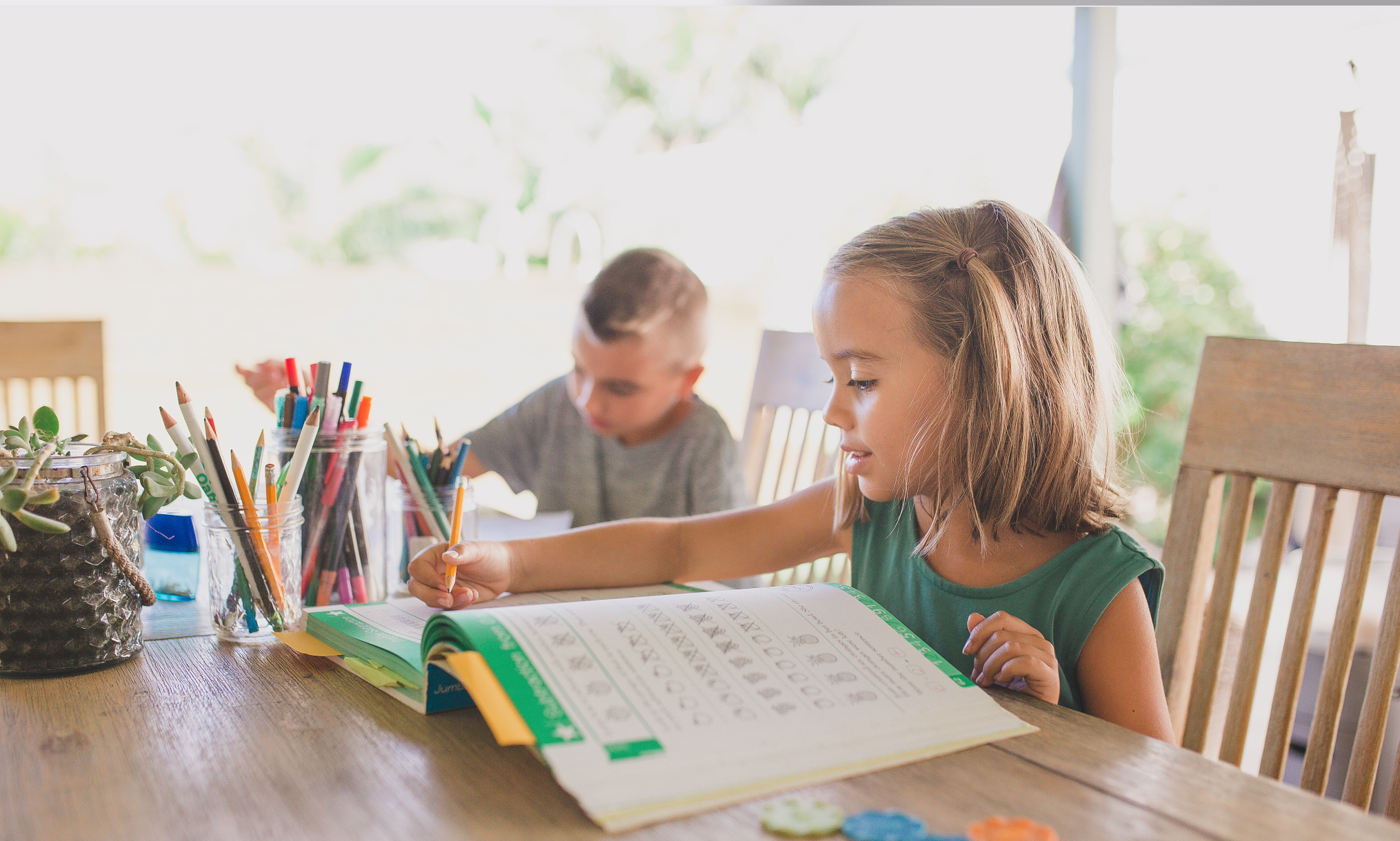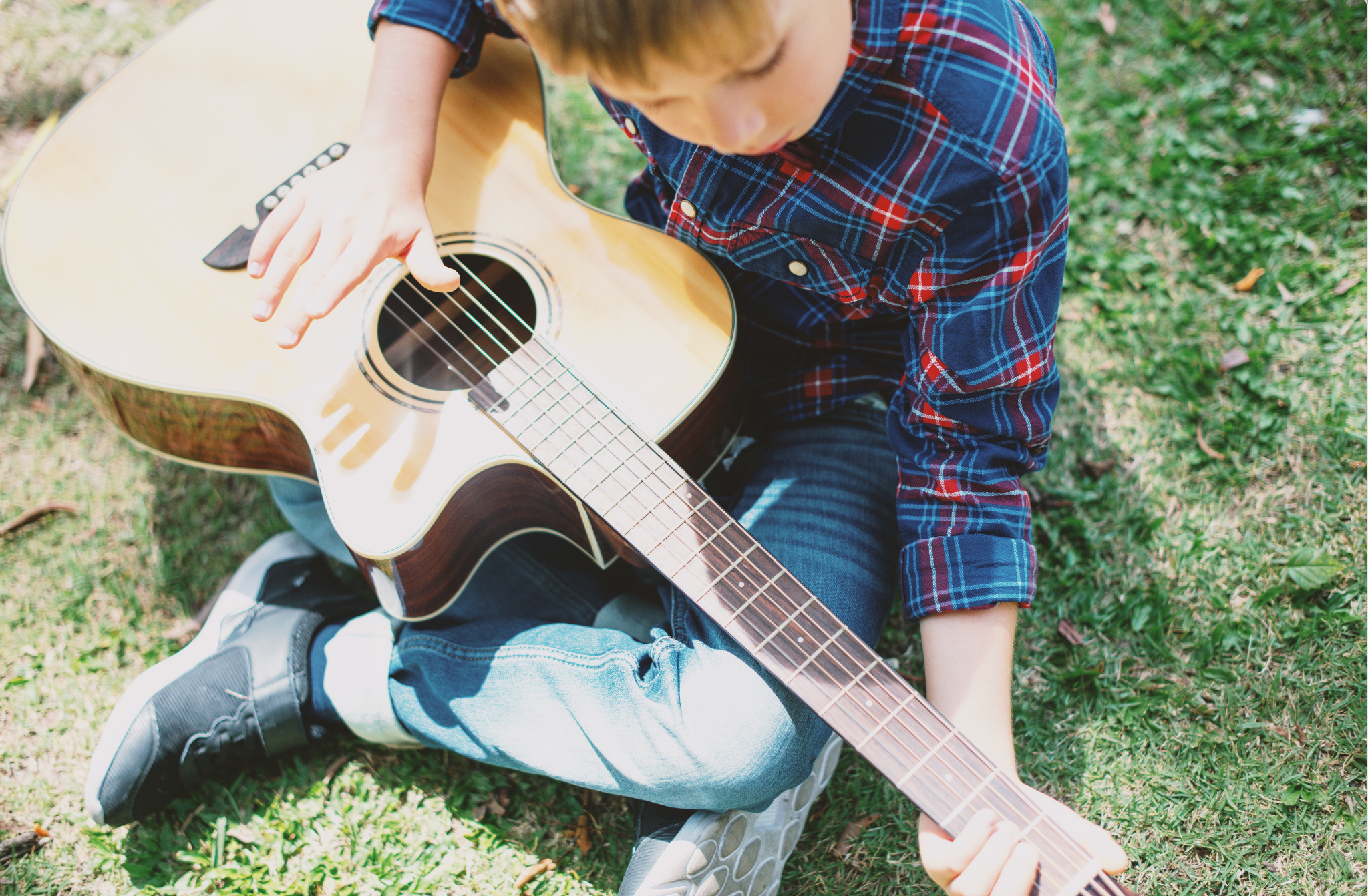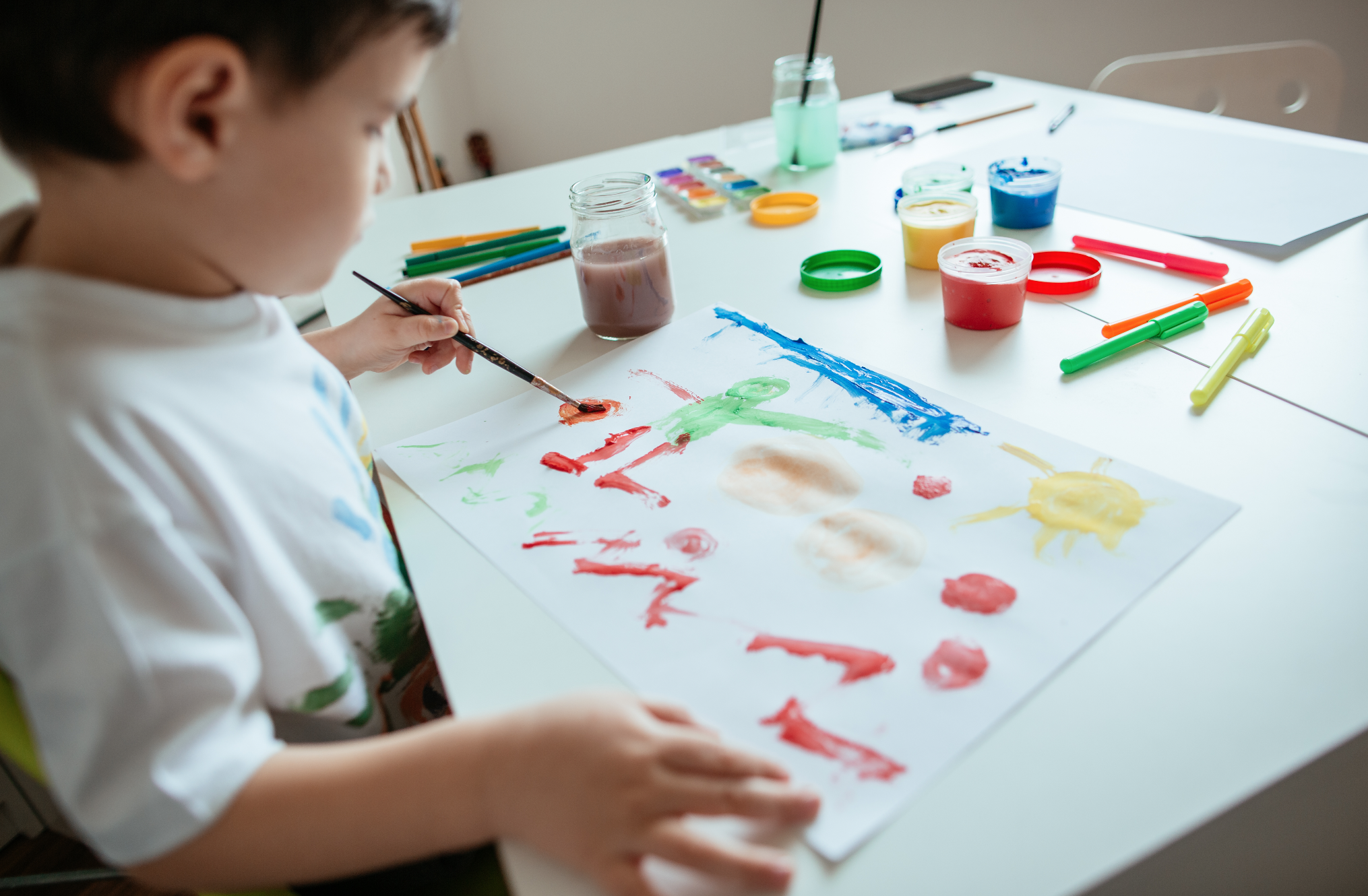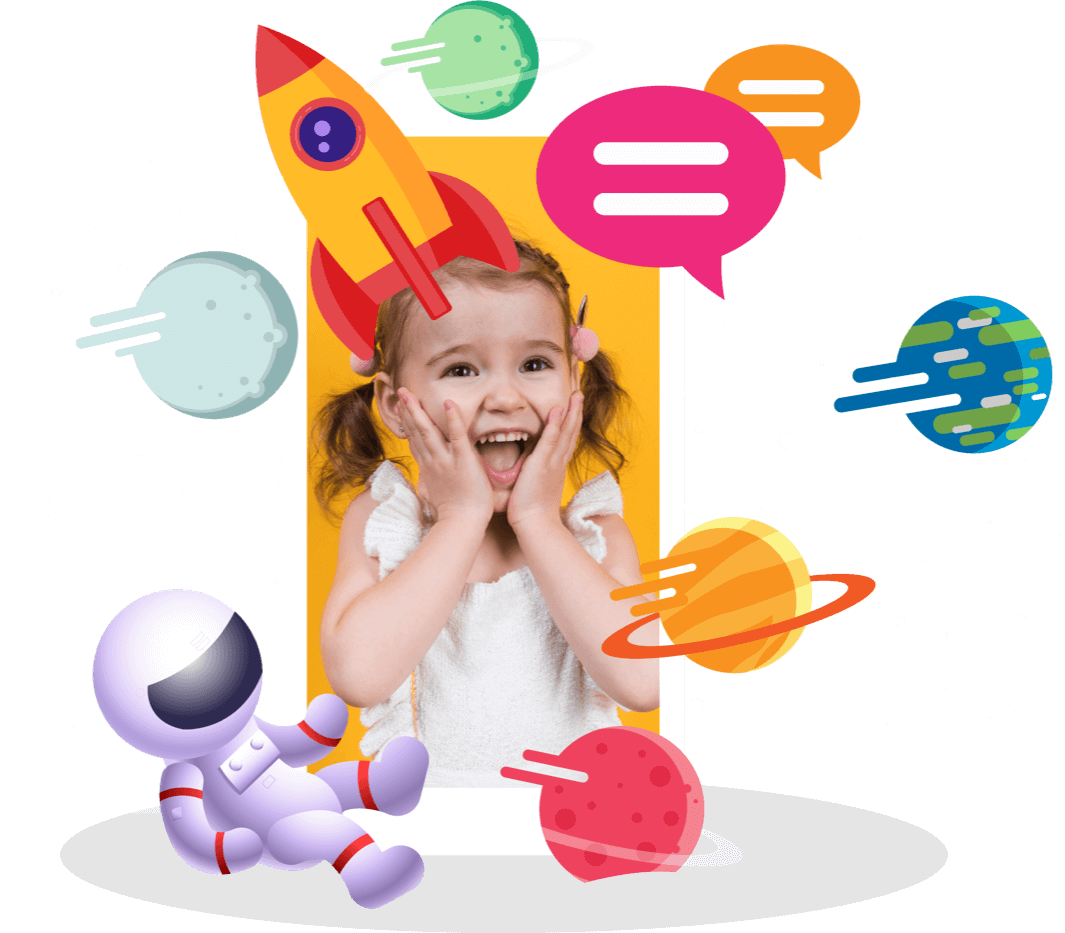Unschooling Guide
Unschooling has been a highly discussed topic when it comes to the homeschooling world. Even the term is a subject of debate with some describing it in a way, others in another way.
Unschooling is a type of homeschooling where the child is the lead . This type of schooling allows the child to follow their interests without much direction from outside. Parents here are the facilitators of learning, providing the best environment full of stimuli and resources for the child to learn.!
The term unschooling was first used by John Holt , who coined it in 1997. Holt was a classroom teacher. Later on, he wrote about the shortcomings of the traditional education system in his books How Children Fail and Learning All the Time.
Unschooling then inspired an educational writer and speaker, Sandra Dodd. Dodd evolved the concept even further and created the philosophy of “Radical Unschooling.”
Radical unschooling parents adopt the “child-led” approach in every aspect of their life, not just in the form of education.

So, what is this unschooling? Can children really learn anything without guidance? Don’t they need constant adult supervision? How can one do unschooling? Is there any structure?
We have gathered a guide here to answer these questions and take a look into the world of unschooling.
What is Unschooling
In basic terms, unschooling is a type of homeschooling. It actually means not sending your kid to a school.
There are more than one way to do unschooling at home. Compared to homeschool education, unschooling is a form of education that puts your child’s interest in the center of their learning.
The best way to describe unschooling is to compare it to the characteristics of regular schooling.
-
During unschooling, there is no set curriculum or structured learning guide that is used. Unschooling allows children to learn and gain knowledge in an organic manner. This means that they learn about things through life experience.
-
Unschooling is an active learning process. It doesn’t have any set classes with subjects like regular schooling. While in regular schooling there are goals set by teachers and the school system, unschoolers set their own goals.
Come along with 200k+ families!
Explore the endless possibilities of learning!
Download for Free.
-
Regular schooling has specific sets of learning materials like books. However, unschoolers can learn from anything from the books they find to the outdoors; from real life experiences.
-
Another aspect of unschooling that makes it based on experience is that unschoolers do not learn to follow instructions, but learn to think for themselves as well as make their own decisions along the way.
-
Unschooling allows the kid and parents to set their own schedule. Rather than an arbitrary pace placed by the administrators at school, the unschooler can learn at their own comfortable pace.
-
Another point to make about unschooling is that it happens all the time. There are no classrooms or certain time periods like regular schooling. Learning occurs all the time and learning and life blends in together.
-
Unschooling is based on the idea that learning is not a linear process. Standardized curricula may not be in the best interest and the best fit for all children to reach their full potential. There is no official unschooling curriculum. Unschooling helps kids to tap into their interests and strong sides.
When you look at it, unschooling looks a lot like the way adults learn. People learn and gain knowledge in line with their interests. We figure out how to learn it on our own, change what needs to change and use whatever we can to feed this interest.
Unschooling is a process driven by curiosity. Practical approach is its backbone. Most of the time we do not learn something we are interested in because someone told us to do so. We do it because we are interested in and curious about it. And with practice.
People opt for unschooling for many different reasons and in various ways. There is no single way to get into it.
How to Start Unschooling
By its nature, there is no specific way or a single manner to start unschooling your child. Parents who have done it state that it is a process shaped by their child’s needs.
This is normal. Everyone has different interests, abilities as well as goals in life. So it is natural that there are a myriad of ways to approach unschooling.
It may be best to start with thinking if unschooling is the best option for your child. It is proven that many children can benefit from this approach. Research shows that certain groups of kids really thrive on unschooling .
Unschooling is especially beneficial for children with special needs. This group includes those on the autism spectrum and those that are intellectually gifted .
For some children who have bad experiences at regular schools such as bullying may also find unschooling a great opportunity to learn in a more relaxed and anxiety-free environment.
Some children may have complex medical conditions that would not allow them to attend a traditional school environment. Or children could be too introverted to fully benefit from the education provided at school. Unschooling could be a great option for each group, helping build their confidence.
Although it may not be suitable for all, unschooling is a great option and more and more families are going into it with positive results reported.
As mentioned before, there are many ways to approach unschooling. Various strategies and plans are involved in different households. Here are some strategies gathered from the real experiences of parents who unschool their children.
Expose your child to anything and everything, really
Unschooling brings out the interests of the child. So the parent doesn’t have to dictate what the child will learn. What the parent does is provide a lot of resources that they think will encourage the child to explore and direct themselves into learning.
These resources range from books to games, art supplies and music instruments. This gives the child a lot of possibility to explore. With the input from the child, these resources may change in time depending on the interest of the child. So it is an ever-evolving process.
Outdoor time is the best time
Nature is a perfect instigator for inspiration and interest. Unschoolers thrive in nature. Nature allows them to take things apart, put them back together, learn how to create what they want or need to create without actual instructions.
Outdoor time also teaches them the nature, the flora and the fauna there. Unschoolers may learn about the trees, play in the woods, create simple games like building forts with the materials found there.
This time will spark their creativity and imagination, while also being a great learning opportunity on all types of things from geography to their own instincts and curiosities.

Sprinkle a little fun around
One of the best aspects of unschooling is that it is easy to introduce fun activities without actually disrupting the process. On the contrary, since learning is all the time in unschooling, fun activities are just another way to gain knowledge.
Working on art or science projects will increase your child’s creativity while also learning concepts . Rather than bombarding the child with just information, introducing the fun element will increase the engagement of the child.
Learn and adjust as you go
You may stumble a little when you first get into unschooling. You may not know what to do or what really works. That’s actually part of the process.
Just do stuff. Go out, meet people, go play in the park, read books. You will find out soon enough what actually interests your child. You will see this happening when the child is not actually forced to do the task, but wants to do it.
The goal here is to make sure you expose your child with a lot of materials and stimuli so that you can figure out what works and what doesn’t. This way you can adjust your ways and have your child make the most of their time.
Deschool if you need to
If your child has gone to school for a while, you may need to give them and yourself some time to deschool. Deschooling means the adjustment period the child goes through when they leave school and become homeschooling or unschooling.
It may be a good idea to just not worry about learning or schooling for a while. This may be days, weeks, or even a couple of months. Here, the idea is to change your mindset about schooling.
We have grown up with a certain idea about schooling, that it must be done in a certain place at certain times on certain topics under certain guidelines. So it may be a bit difficult at the beginning to adjust to a totally different learning process.
Love goes a long way
You will be your child’s partner in this. They need to be supported and respected. It is counterproductive to belittle their interests however you may think of them.
You will be a guide, not a dictator. Give them your love, be their light. You may be taken aback when you find out your child’s interests aren’t corresponding to your idea of them, but don’t push them.
It can be difficult, but leave your expectations and preconceived notions outside the door and make the most of the great joy that your child will shape themselves in line with their interests and their selves.
Be patient and trust your kid
Unschooling will not give you immediate results. And that is really not the point of it. Changes in your child will happen over time. You may get upset when your child doesn’t want to study a certain subject or do a certain tasks. But they may want to paint or ride their bike outside. Let them do what comes naturally to them and this will yield results.
It may also be a bit difficult to trust that your kid can learn on their own. You may be suspicious that if they are interested in something, they will learn about it without much guidance. So trust that they can learn on their own, because they can.
Come along with 200k+ families!
Let's communicate better!
Download for Free.
Best way to embrace and meet unique needs
Unschooling is a great opportunity for children with special needs, such as autistic children. Sometimes autistic children may not be adjusting to regular schooling systems due to their unique needs that would not be met at a school with a set curriculum.
Many parents have seen positive results with their unschooled autistic children. When left to their devices, children with autism and special needs can learn what they need or want to in life.
Since the study is not imposed externally , the anxiety of learning lifts off of the shoulders of the kid. So they study what they want to at that moment. Since unschooling allows picking up and going places, travels would teach many valuable lessons in different places with different people.
Unschooling can teach everyday skills to autistic children more naturally to the extent their place on the spectrum allows them to. It may not be the choice of all, as in this case some professional support is always needed.

What is the Difference Between Unschooling and Homeschooling?
You may ask yourself, “Okay, well, what is the difference between homeschooling and unschooling then?” And you would be right to do so.
Unschooling vs. Homeschooling
The biggest difference between unschooling and homeschooling is the approach to the learning process.
In homeschooling, children are not really left without a teacher. Parents become and act like teachers in the classroom in a homeschooling environment.
Homeschooling is guided by state and national standards. Here, they plan the lessons and homework, and they grade assignments.
However, unschooling works on a different principle. The basis in unschooling is the faith and trust in that children are inherently curious. They will follow their own interests, in their own way and pace.
Unschooling is led by the child. No standards of traditional education is used to create control or burdens. Unschoolers are guided by their passions and learn that way.
Parents in an unschooling environment are just instigators and supporters. They just guide their child and provide the necessary stimuli and materials to support their child’s interests and passions.






